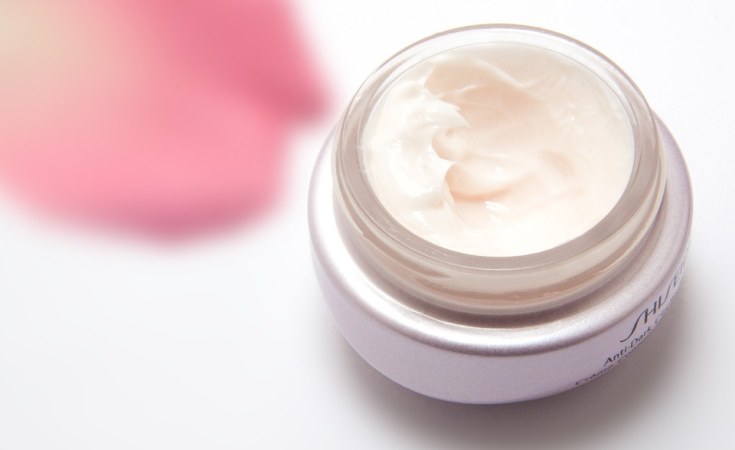Several African governments will submit proposals calling for more concerted global action to protect women - and a growing number of men - from suffering permanent skin damage and more severe health dangers from exposure to poisonous skin creams.
Toxic skin-lightening creams have been banned in South Africa and many other nations for decades. Yet millions of women around the world are still exposed to the harmful side effects of this lucrative "beauty products" trade.
This week, at a meeting in Switzerland, several African governments will submit proposals calling for more concerted global action to protect women - and a growing number of men - from suffering permanent skin damage and more severe health dangers from exposure to poisonous skin creams.
The common risk factor comes from mercury, a toxic heavy metal that is added to many of the cheaper varieties of skin-lightening creams.
When applied to the skin, mercury suppresses the production of melanin pigments that produce darker skin tones and can also help to remove age spots, freckles, blemishes and wrinkles.
Though mercury can be an effective short-term inhibitor of melanin production and produce a "fairer" skin tone, long-term exposure can also lead to splotchy skin, rashes, skin discolouration and scarring, and reduce the skin's resistance to bacterial and fungal infections.
Over and above skin damage, exposure to mercury-containing skin creams can also induce severe health impacts that range from kidney damage to neurological effects such as...


